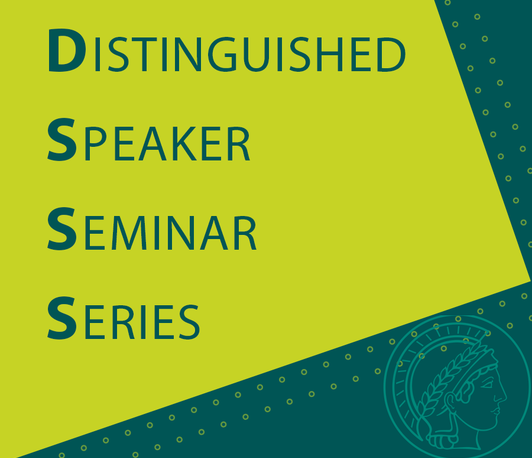DSSS - Switching cycles: Function and regulation of non-canonical cell cycles during development
- Datum: 14.07.2023
- Uhrzeit: 15:00 - 16:00
- Vortragende: Matilde Galli
- Group Leader, Royal Netherlands Academy of Arts and Sciences, Hubrecht Institute
- Ort: MPI für Biologie, Max-Planck-Ring 5, room 0A01

A fundamental property of life is the ability of
cells to undergo cell cycles, in which they duplicate their genetic material and divide into
two daughter cells. While the basic principles of the cell cycle have been
intensively studied in yeast and mammalian cells in culture, much less is known
about cell-cycle regulation during multicellular development. In many animal
tissues, cells undergo endomitosis, a non-canonical cell cycle in which cells
undergo all phases of the canonical cell cycle except cytokinesis, leading to a
4N or binucleate cell. Although endomitosis cycles are widespread among
multicellular species, it is unclear how cells transition to endomitosis, and
what the function is of binucleation for cells and tissues. In our lab, we make
use of the C. elegans intestinal lineage as a model to study endomitosis
regulation and function. Using live-imaging, single-molecule FISH and
RNA-sequencing we found that intestinal cells switch from canonical to
endomitosis cycles during late embryogenesis by repressing essential
cytokinesis regulators. Furthermore, we generated tools to specifically inhibit
intestinal endomitosis and identified an important function of binucleation in
fine-tuning tissue-specific gene expression during development. Together, our
work is shedding light into the regulation and function of non-canonical cycles
during multicellular development.